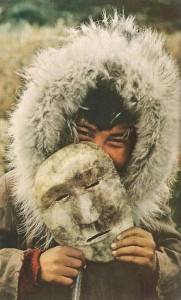Dear Integral Meditators,
This mid-week article explores the idea of Life-fullness, if you enjoy it, I’ve recently re-named and re-calibrated my life coaching practice “Life-fullness – The Integral Coaching Program“. If you are interested in finding out more, just click on the link!
In the spirit of life-fullness,
Toby
One of the words that I have been thinking about over the last six months or so is life-fullness. It has become so significant to me that I’ve even decided to name my life coaching program after it. What does it mean? Here are a few things that it means to me:
- To feel full of life – To feel life full means to allow myself to feel life fully, both the good and ‘bad’, to feel my strength and vulnerability, my virtues and your flaws. It means to care enough about the value of my experiences that I don’t reject or turn away from any of them.
- To mediate life flow – It means to allow life-force to flow through me, obstructing it as little as possible, and directing it as skilfully as possible toward the best possible inner and outer goals
- To be committed and interested in my life and the lives of others – This means to never as far as possible to ‘switch off’ or to become indifferent. If point one (to feel full of life) above is a commitment to caring, this third point is a commitment to being curious
- To participate – To practice life-fullness means to get stuck into life, not to be a mere spectator. It means to contribute, to commit, to take wise chances with (sometimes) unknown outcomes. It means to think about the life-values I hold on a deeper level and practice embodying them as best I can
To feel life, to mediate life, to be curious about life, to commit to participating meaningfully in my life; That is what life-fullness means to me. And these are the four aspects that I try and be mindful of in my own life-fullness practice.
When you think about the word life-fullness what sort of meanings and feelings emerge for you? If you could do one thing over the next few days to make your life more genuinely life-full what would it be?
Related Article: Curiosity, Courage and Care – Cornerstones of the Mindful Encounter
Meditation Technology











